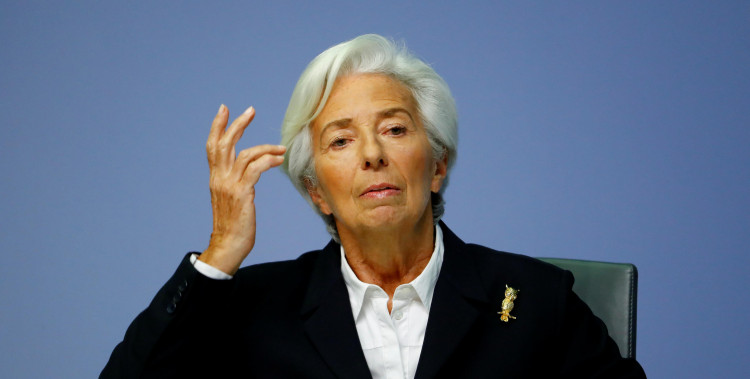The tranche of securities that have an output under zero sprung to more than $1.16 trillion in the last seven days alone, the biggest weekly rally since at 2016 when Bloomberg started to monitor the figures daily.
The worldwide scramble for more secure assets has triggered a tremendous rise in the world's inventory of negative producing equities, cutting months of retreat in the value of sub-zero debt.
Another infusion looked certain late Monday, as traders and moneymakers from major stock trading centers get rid of unstable assets and rushed into bonds in the midst of deepening worries over an epidemic wreaking havoc in China.
The rush for safe-haven assets threatens to re-spark an argument on the spectacle of bonds guaranteed to notch declines for buy-and-hold traders.
While the figures swung day by day, it narrowed for four consecutive months through December on indications a weakening in global growth could be bottoming out and that big banks may call off their easing measures.
That equates to no immediate bail of sorts for markets that had begun to feel the pinch of negative yields. Last week brought the sum since middle of January to around $1.5 trillion and the total overall to about $12.4 trillion -- the biggest figure in two months.
The reappearance is a grim reminder that market disruptions that are in the same wavelength with loose financial policies are still lurking in the background.
Their effect and efficiency were among major points of contention in a gathering of world and economic leaders in Switzerland, last week.
Among the prominent figures, Cantor Fitzgerald LP President Anshu Jain pointed out that the shockwave for pension funds and insurance firms will be "felt for years ahead." United States President Donald Trump seemed to have a different perspective and wanted to know who was buying it all.
Even with the seeming desperation during the gathering - and the increasing sub-zero accumulation - policymakers implementing super-low interest rates have given an assurance that easy cash will start to keep flowing.
Christine Lagarde, European Central Bank President, last week disclosed that policies must remain highly accommodative, with inflation being dragged from hitting even the 1 percent mark, although Lagarde did reiterate the ECB will keep scrutinizing the effects of negative rates.
Total negative yielding bonds remains well under their peak of over $17 trillion in late August, and many market planners estimate it to remain unchanged, at least for the moment.






